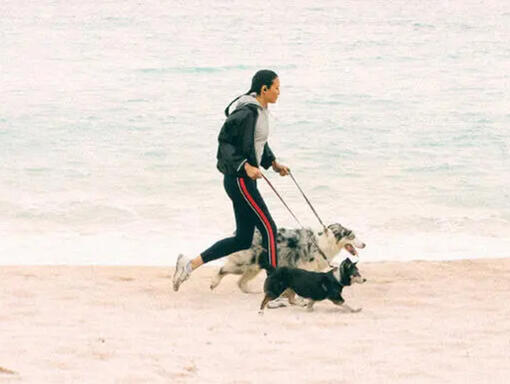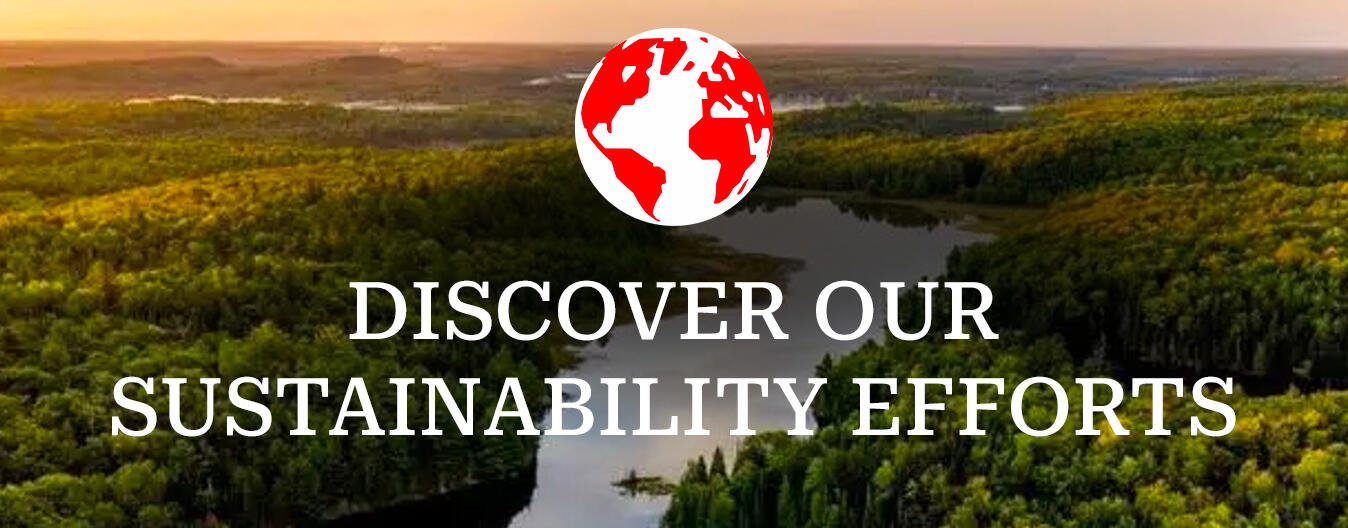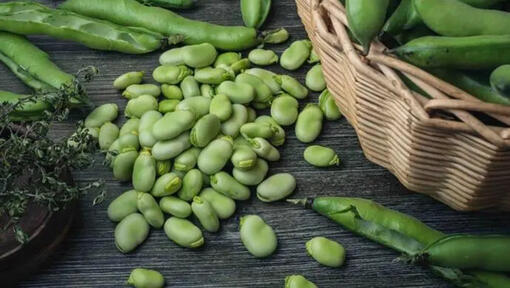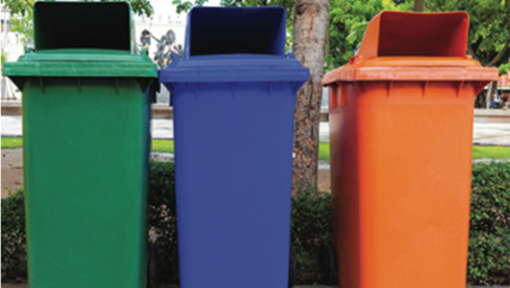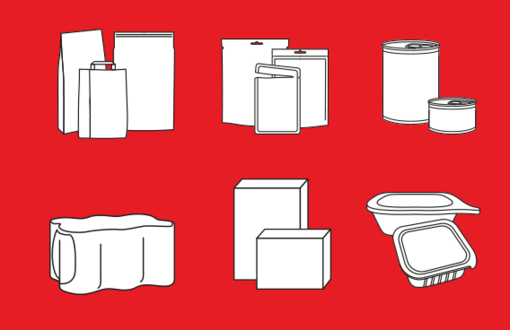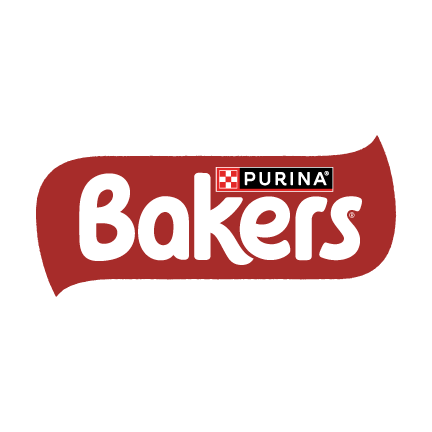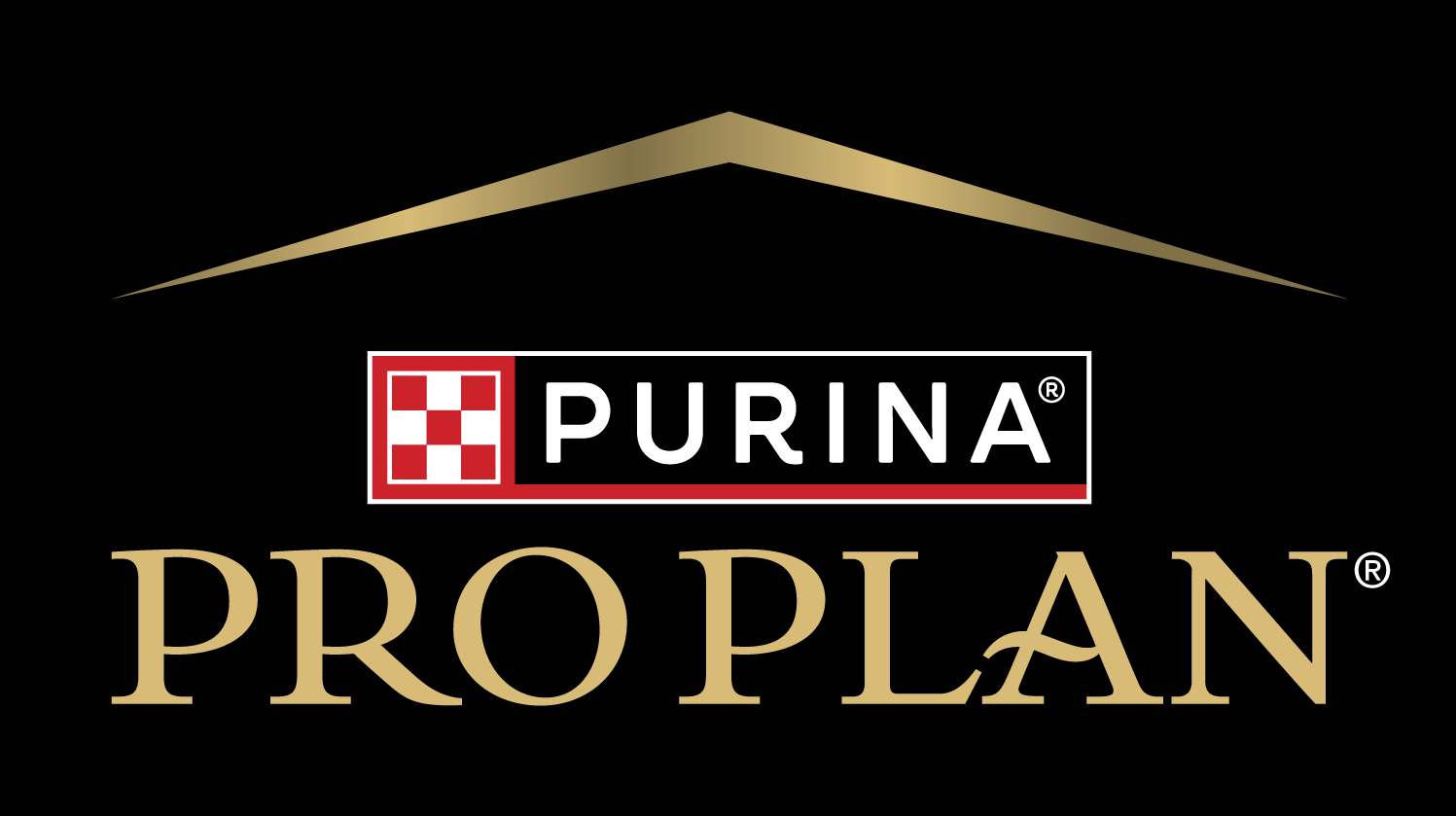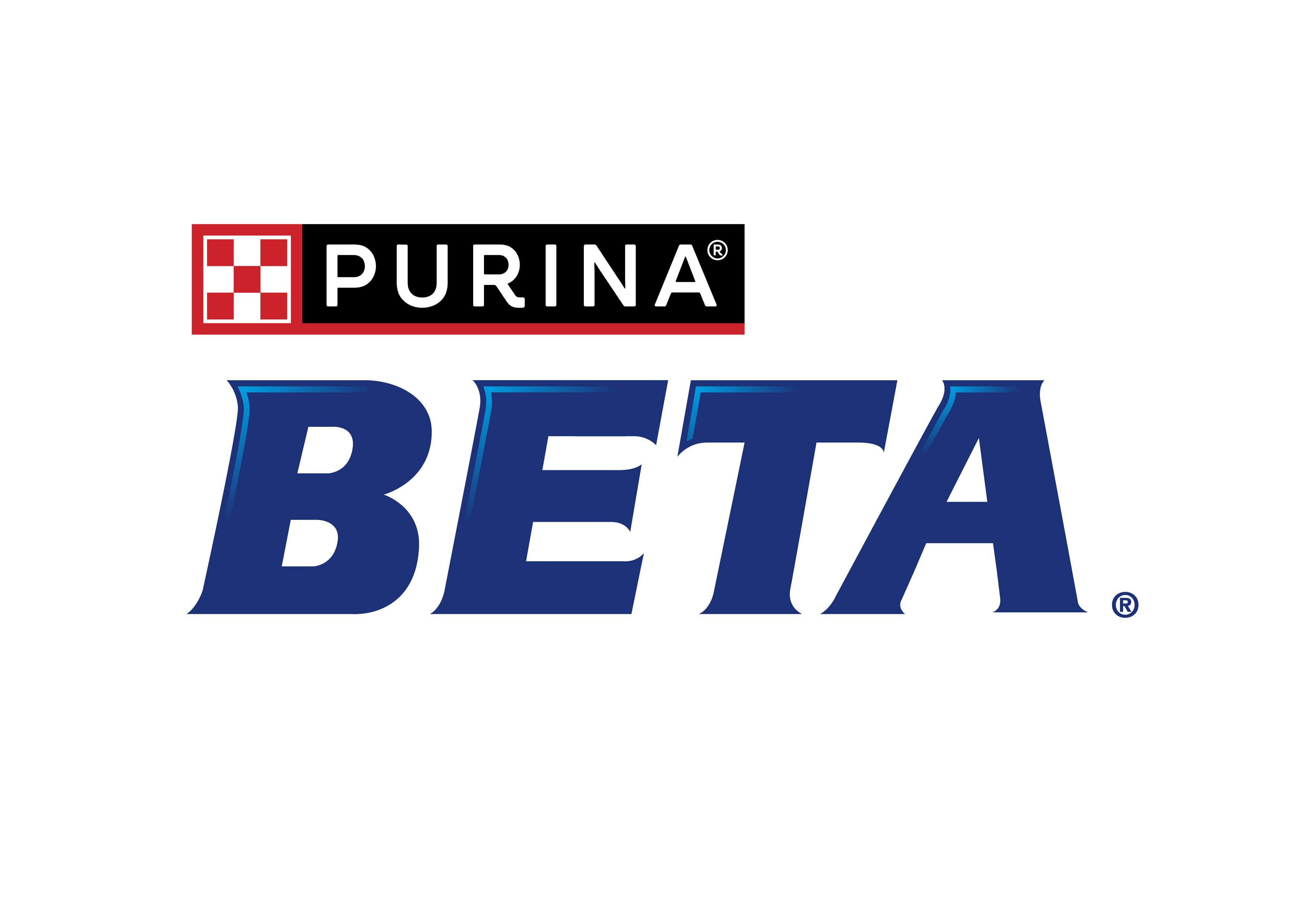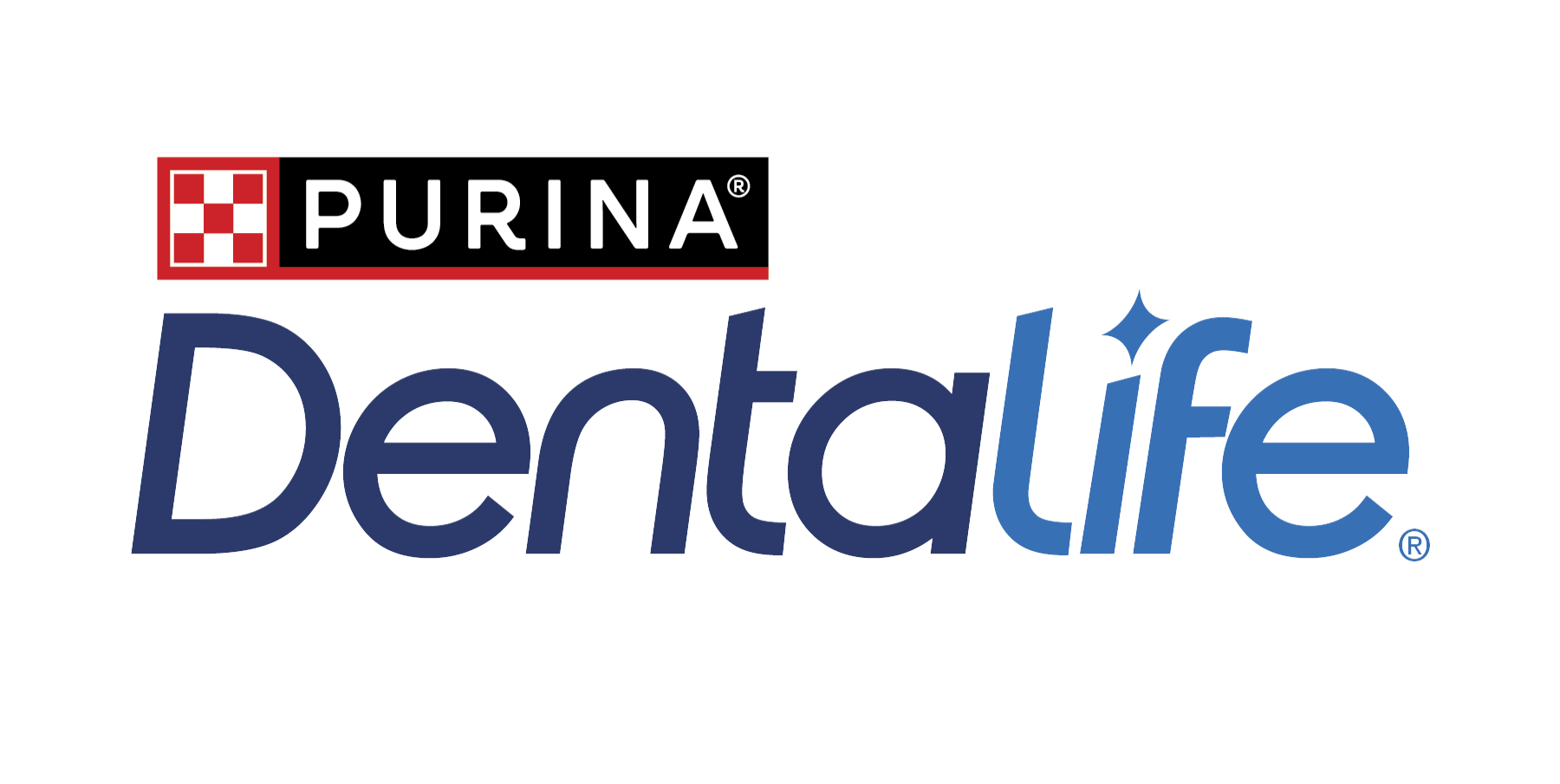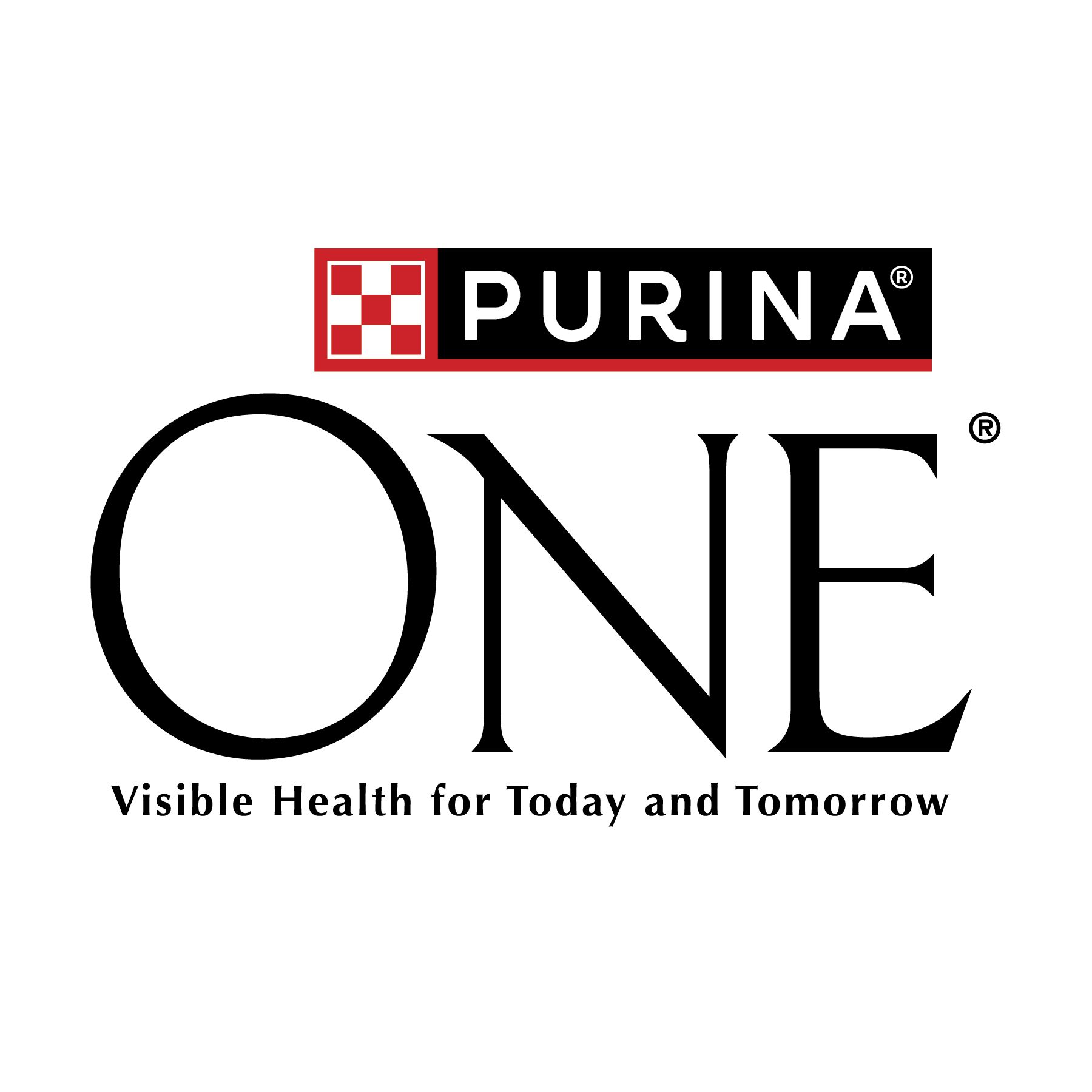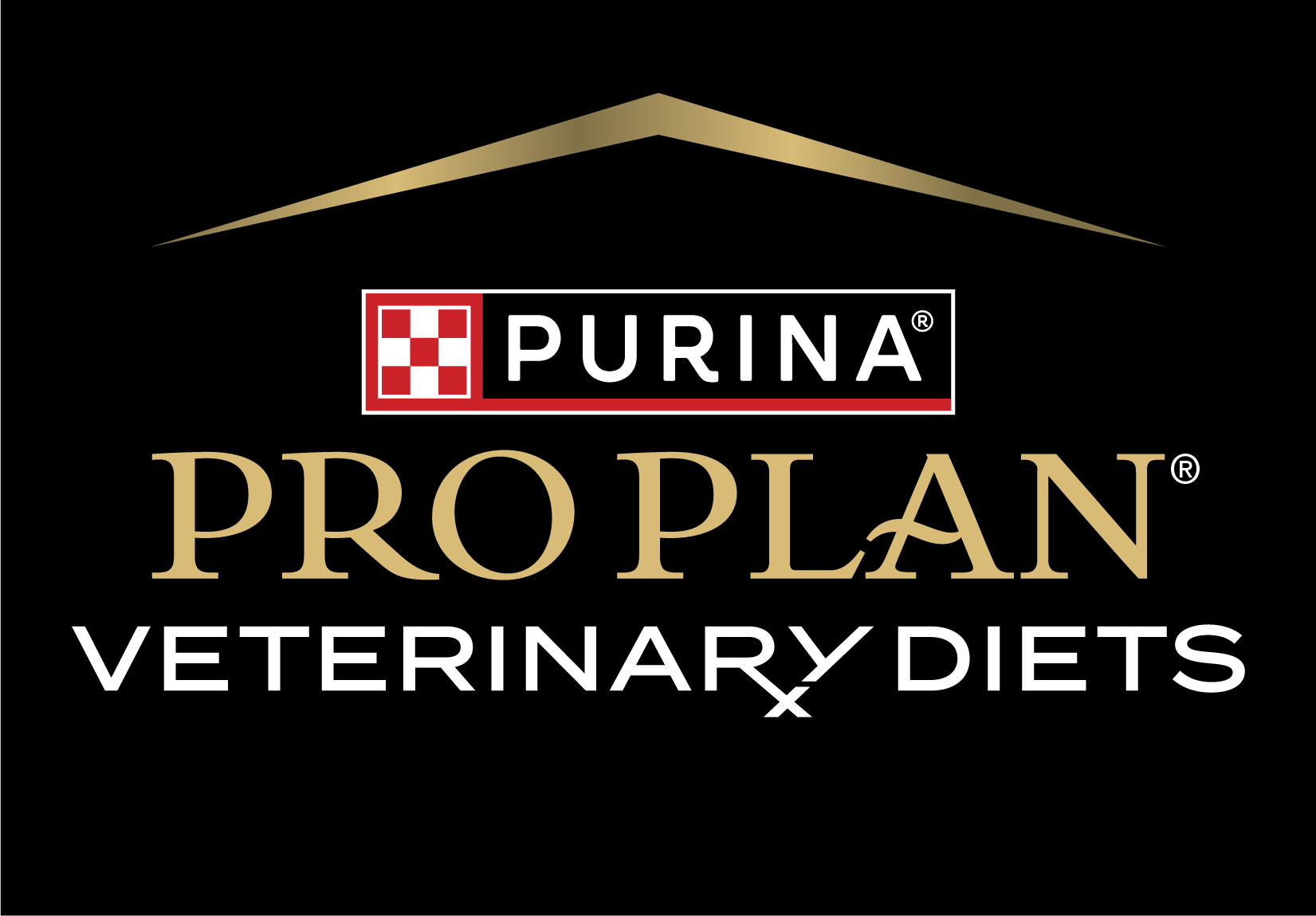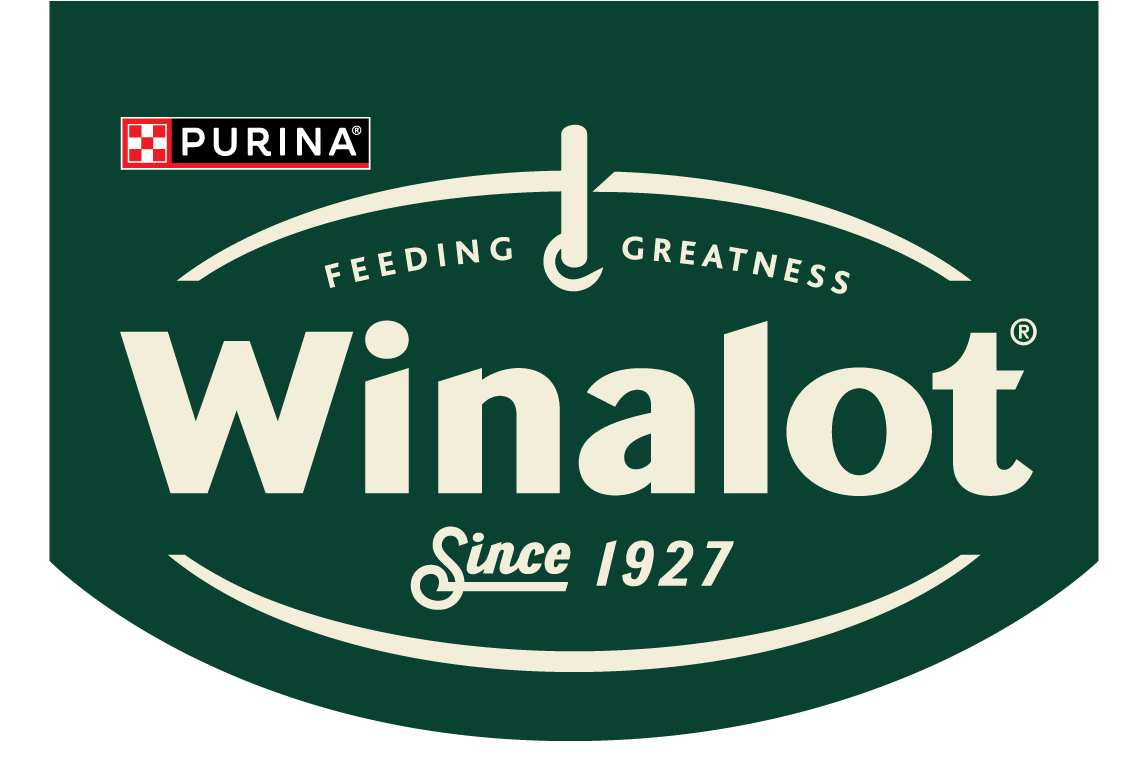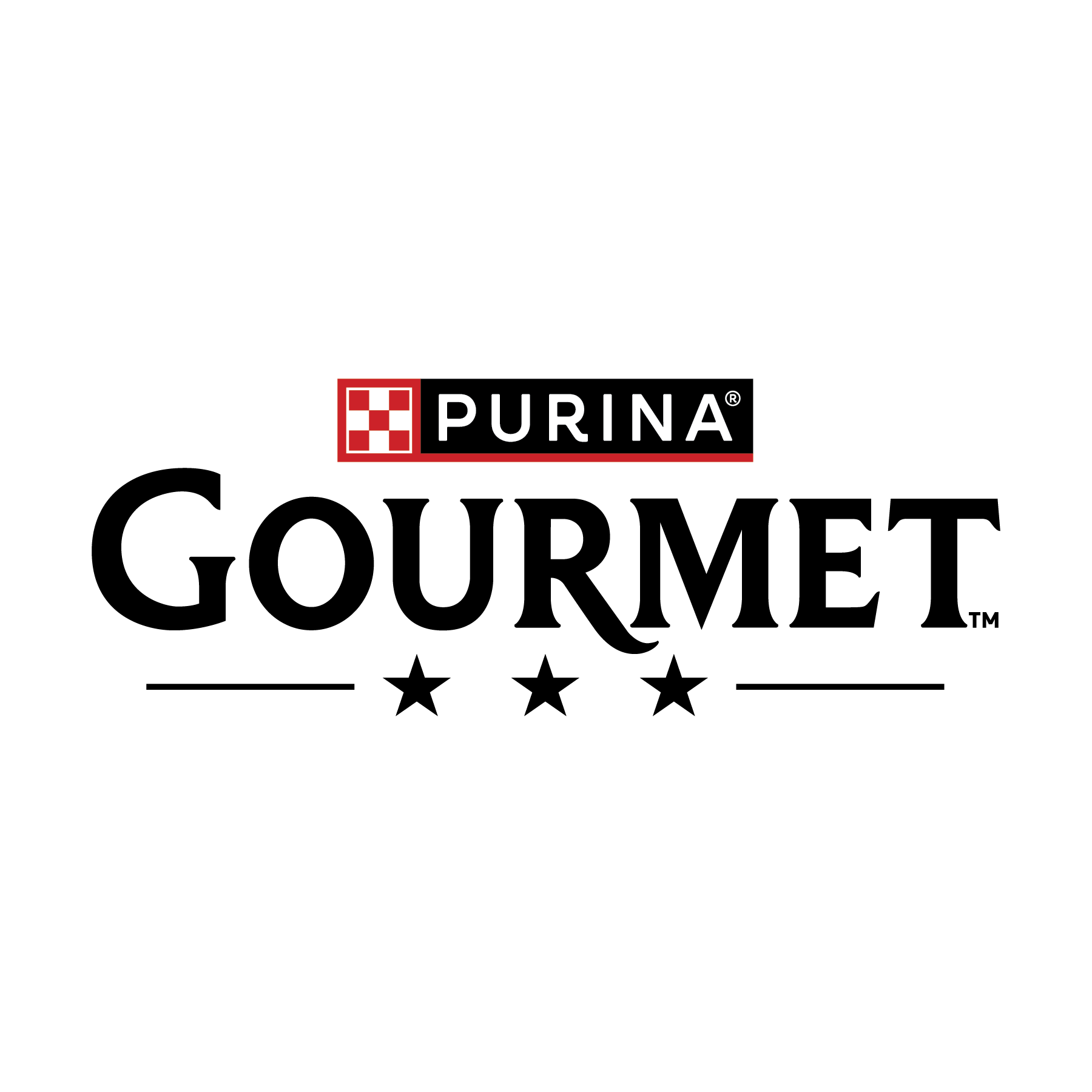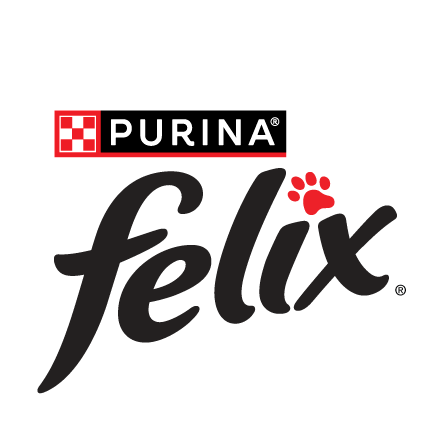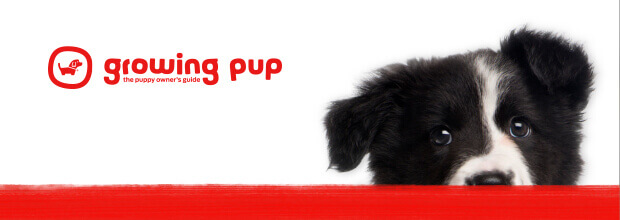Climate change and biodiversity loss are the most pressing environmental challenges of our time. Food systems contribute up to 80% of global deforestation and are responsible for 29% of global greenhouse gas emissions. Addressing these issues requires urgent action and a collective approach. Indeed, we recognise the impact our operations have and are working to a make positive change on this. As part of the Nestlé family, we are on a journey towards reducing our impact, with Nestlé setting a clear goal to have Net Zero greenhouse gas emissions by 2050.
We are on a mission to work towards soil and ocean regeneration whilst reducing our impact, with an ambition to hit Net Zero greenhouse gas emissions by 2050.
Kerstin Schmeiduch, Head of Corporate Comms and Sustainability for Purina Europe
Reaching Net Zero emissions is a key part of our sustainability journey
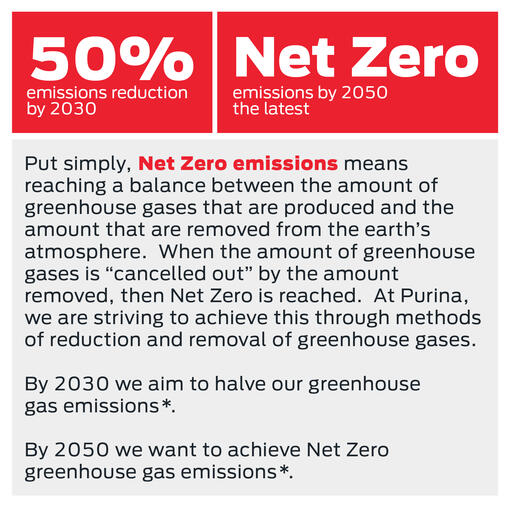
Working on reducing emissions involves significant changes to transform our business. We have four key areas for action.
Sourcing & regeneration
Sourcing – how we decide which ingredients and materials we’ll use - is a critical part of reducing our emissions, as this is where the majority of our emissions come from. We are looking at new ways of growing ingredients and we also want to go beyond simply reducing our impact and work towards a regenerative approach. This is a holistic approach which aims to bring positive improvements for the environment, the communities we work with and the pets and people we serve every day.
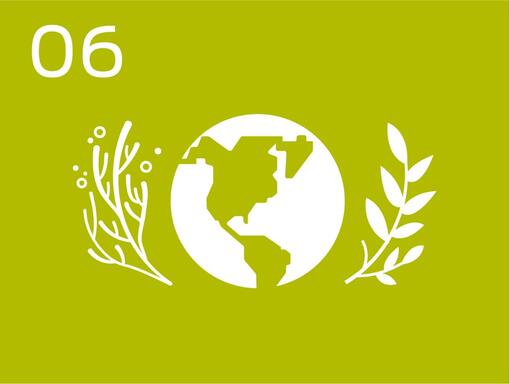
- Source 20% of our cereal and vegetable proteins from farmers adopting regenerative agriculture practices by 2025, moving to 50% by 2030.
- Limit our land use and reduce the excess nitrogen and phosphorus from fertilisers in our agricultural supply chain.
- By 2030, we will only use fish sourced through responsible practices (wild caught & aquaculture).
- Implement seaweed and seagrass restoration projects to help us capture more carbon and promote biodiversity.
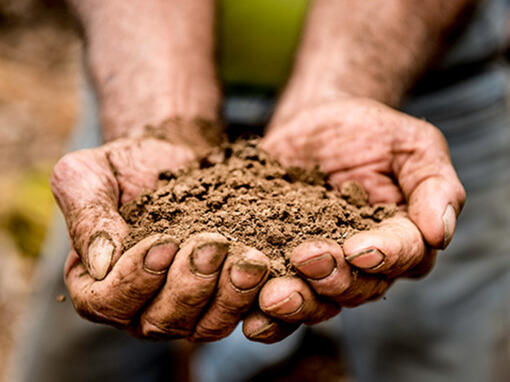
We are also trialing the use of seaweed as a bio-stimulant and evaluate the potential impact on plant performance and nutrition, as well as crop safety and quality.
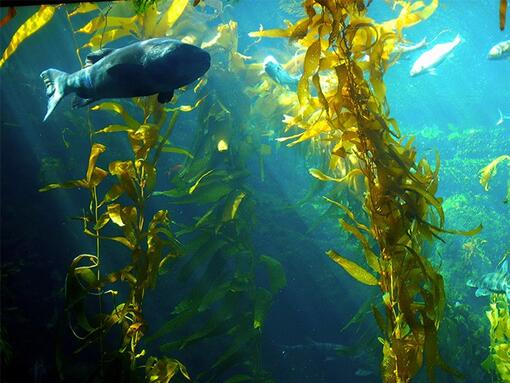
Transforming our product portfolio
The ingredients we use are the most significant contributors of the greenhouse gas emissions for our brands, including how they are produced and processed. We have started to reinvent our recipes, with the goal to reduce our impact through making better use and choice of resources over the coming years.
We are passionate about continuing to deliver best-in-class products that provide health, taste and enjoyment for your pets. The goal of delivering quality pet nutrition whilst reducing our climate impact is at the core of our work. Click on the ingredients below to find out more about some of our initiatives.
As an example, 99% of the soya we use across Europe is now responsibly sourced and traceable.
In the UK and France, we are helping cereal farmers to practise regenerative agriculture.
As part of Purina Europe’s sustainability efforts, we are working with the Sustainable Fisheries Partnership to evaluate our fish sources, with 86% of our seafood ingredients responsibly sourced at the end of 2021. And we have set ourselves a target that 100% of our fish will be responsiblye sourced by the end of 2030.
Across Europe we are also exploring new sources of proteins, for example, fava beans or insects to rebalance animal and vegetable proteins while continuing to deliver nutritious products.
We are exploring more circular ingredients solutions, like Purina Adventuros Snacks in the Netherlands, where we piloted an initiative using surplus grains from a brewery, that might otherwise have been left to spoil, helping to reduce waste.
Manufacturing and logistics
It's no surprise that manufacturing and logistics processes produce greenhouse gas emissions. Our focus is on increasing efficiencies in how we make our products and the type of energy we use to run our factories and distribution centres, as well as efficiencies in getting our products from A to B. All of this work will contribute towards progress with our Net Zero ambition.
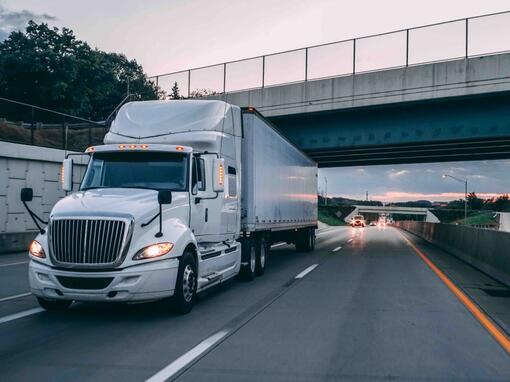
As part of Purina Europe’s sustainability journey, we're also building a leaner logistics network. This includes using technology to fill vehicles and plan journeys more efficiently and shifting to lower emission modes of transport like rail and shipping. We have joined the European Clean Truck Alliance, through Nestlé, who are working on reducing the climate impact of truck transportation in Europe.
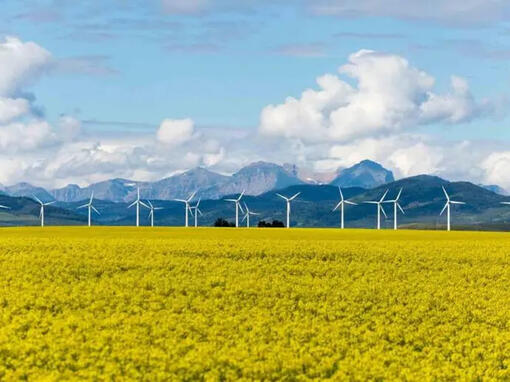
Renewable electricity can be created through a variety of sources, including wind power, solar power, and hydropower. Our Purina factories are purchasing renewable electricity through a variety of means.
Packaging
Transforming our packaging also plays a role in our journey to Net Zero. Improving the recyclability and reusability of our pet food packaging helps to reduce packaging going to landfill, which can help reduce greenhouse gas emissions.
We have a strong focus on working towards all of our packaging being recyclable or reusable. In the UK and Ireland we expect above 95% of our packaging to be designed for recycling and remain committed to achieving 100%.
Cedric Moulin, Packaging Platform Manager for Purina Europe
We also aim to reduce our use of virgin – new- plastics by one third by 2025. If virgin plastics are reduced and the use of recycled materials in packaging is increased this can contribute to a reduction in greenhouse gas emissions.
As part of our effort to improve the recyclability of our packaging we are reducing both the number of different materials used in our packaging and the complexity of those materials.
Of course, even when all of our packaging is designed for recycling, it is still essential that the correct infrastructure exists for local authorities to be able to collect and recycle our consumers’ packaging to complete the recycling process. Consumers can also give a helping hand by separating out packaging if needed and popping it into the correct recycling bin or supermarket collection point. To help with this we’ve added a ‘how to recycle our products’ page on our website, alongside a recycling locator to help pet owners find their nearest flexible plastic recycling point.
We are also a member of the On-Pack Recycling Label (OPRL) scheme in the UK, which is recognised by the UN Environment Programme as international best practice and is now known to more than 3 in 4 consumers. At Purina UK, we have now made this a mandatory requirement, meaning that all brands will showcase OPRL labels on their packaging at latest by 2025.
They say two heads are better than one and we agree! We’re working in partnership with suppliers to try to create less complex packaging materials to aid recyclability. For example, the pouches for our Gourmet Mon-Petit Intense and Felix Soups products use only one type of material (rather than multiple types of materials), and are recyclable at supermarket collection points in the UK and at kerbside in Ireland.
